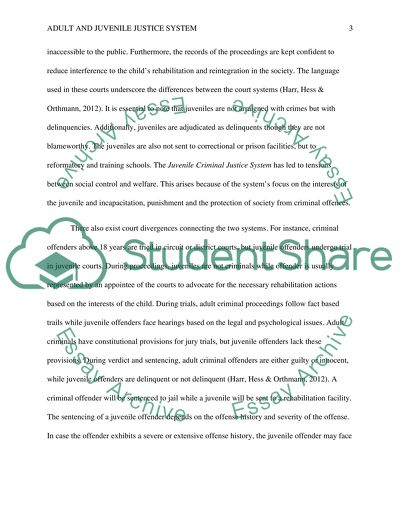Adult and Juvenile Justice System Research Paper. Retrieved from https://studentshare.org/law/1469436-adult-and-juvenile-justice-system
Adult and Juvenile Justice System Research Paper. https://studentshare.org/law/1469436-adult-and-juvenile-justice-system.


